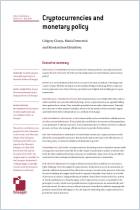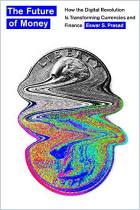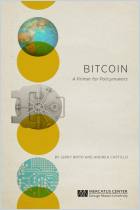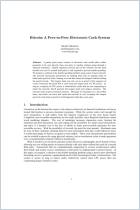
Recommendation
When a former chairman of the Federal Reserve writes that virtual currencies “may hold long-term promise,” it’s time to think seriously about Bitcoin. While it’s difficult to imagine buying a cup of coffee using a currency that can fluctuate wildly in the course of a day, a time may come when bitcoins become a more useful measure of value and better suited to daily use. getAbstract highly recommends professor William J. Luther’s thoughtful exploration of the utility and adoption of “cryptocurrencies.” Despite some mathematical abstractions, his study offers both a quick introduction to Bitcoin and a learned assessment of its prospects for acceptance.
Summary
About the Author
William J. Luther is an assistant professor of economics at Kenyon College in Ohio.




















Comment on this summary or Comenzar discusión